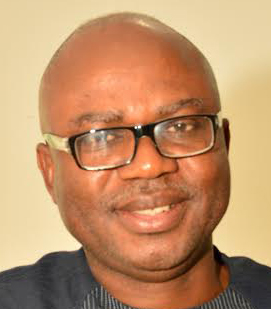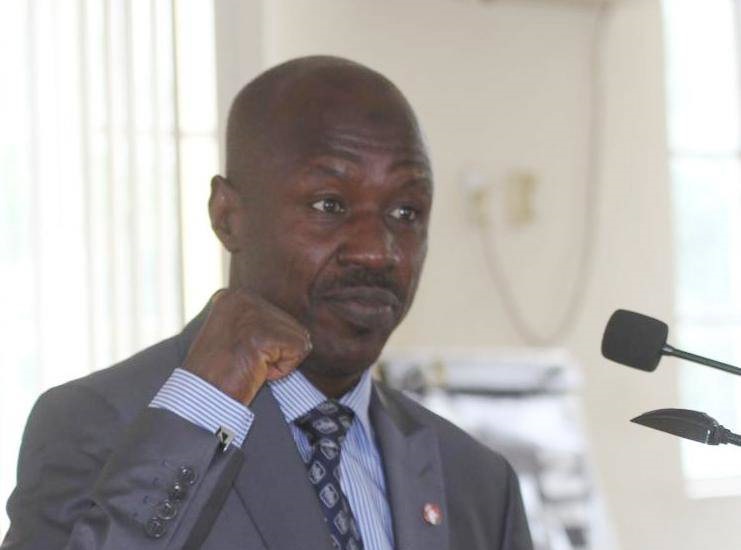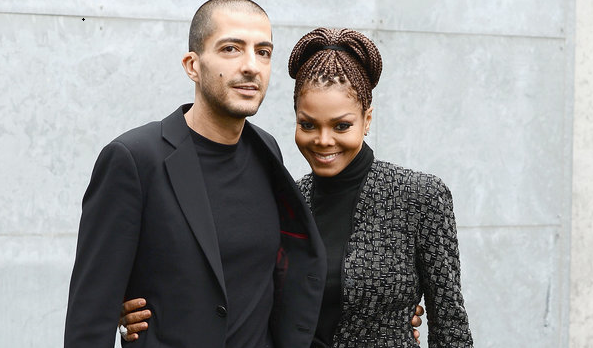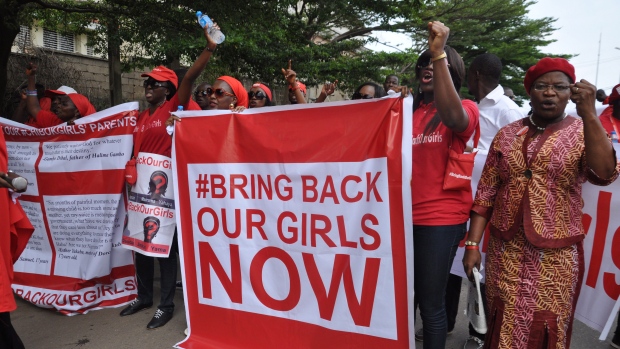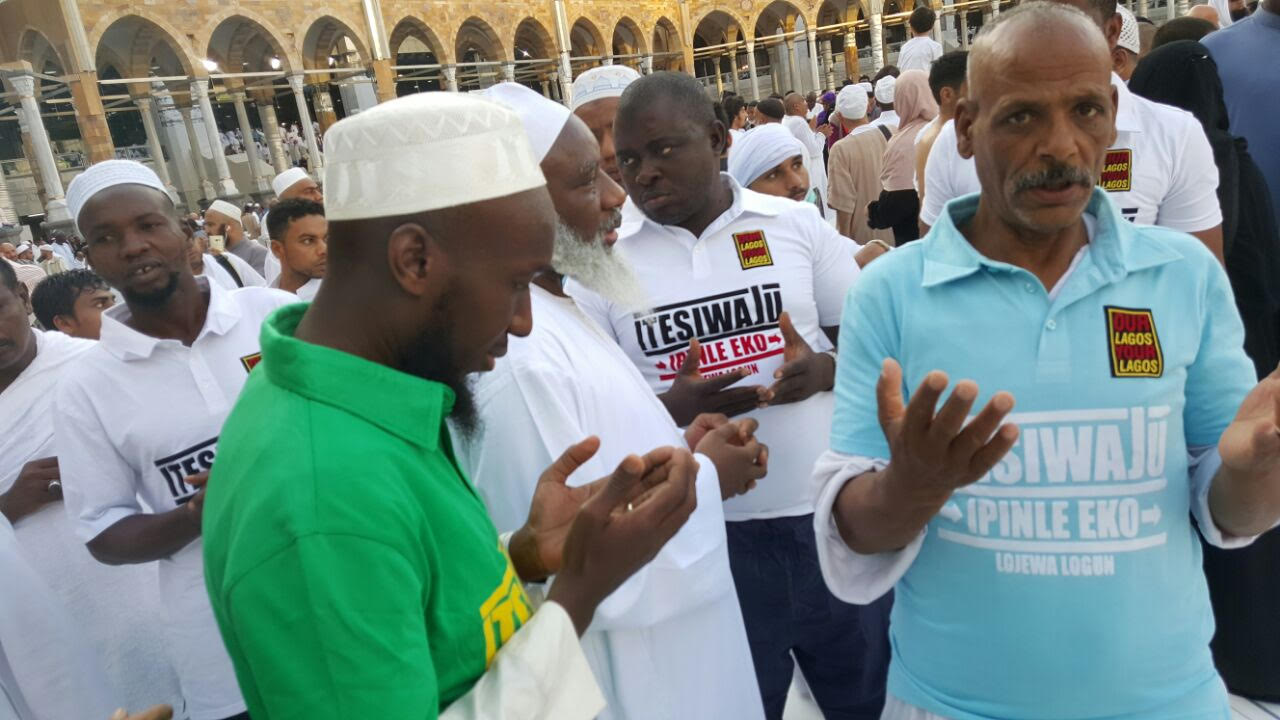Last week must have been an awful one for Nigeria’s anti-corruption crusaders. Amateur whistle-blowers, who have been salivating since the propagandists of this regime promised them 5% of any loot recovered, must have been devastated! The prediction of informed observers – that the whistle-blowers were not going to get a kobo – is coming true.
Although I wasn’t in the least surprised, my mood was that of suppressed anger, and then utter resignation. In the past 30-something years, we’ve been so preoccupied with ideas of, and lamentations over, “the trouble with Nigeria” that we’ve developed thick skin against the bad pieces of news oozing out from the judiciary. Or the depressing news constantly coming from the “executhieves”. And don’t mention the nightmare caused by “legislooters” during plenary.
How does one solve a puzzle called Nigeria?
It’s not just a lawless state; it’s a state whose law is used to protect criminals and punish honest citizens. In Nigeria, you dare not catch a thief or a robber without evidence. If it’s a robber, the evidence should be your dead body, your relations’ corpses or the arms you recovered from him in the presence of witnesses. If it’s a thief, you (not the thief) have to prove that he didn’t earn the loot he was caught with. I’ll tell a story later.
Advertisement
The Buhari regime’s “anti-corruption war” might well have ended. I had thought the regime would be in court with suspects until 2019 or another regime takes over; I didn’t know the thieves would be liberated so soon by their own accomplices. Even in EFCC detention centres, I heard, some operatives and suspects bargain like traders at Oshodi or Wuse market. If you’ve stolen N5billion, they cajole or beg you to give up just 5% in exchange for your freedom – and then, with the aid of clever lawyers, you can spend the next century in court.
Before I proceed, let me share a quote I picked from Facebook andWhatsApp not long ago. It’s taken from Atlas Shrugged (1957), a novel by Russian-American writer Ayn Rand: “When you see that in order to produce you need to obtain permission from men who produce nothing; when you see that money is flowing to those who deal not in goods but in favours; when you see that men get richer by graft and by pull than by work, and your laws don’t protect you against them, but protect them against you; when you see corruption being rewarded and honesty becoming a self-sacrifice; you may know that your society is doomed.”
I’ve had personal encounters with agents of Nigerian law to confirm the truth in Rand’s statement. Anybody living in Nigeria knows it’s a dangerous game to report a criminal — whether it’s a looter of public funds, a kidnapper or a drug baron – to law enforcement agents. The “agents of the law” may report you to the criminal afterwards. That’s why good intelligence is scarce here.
Advertisement
To catch a thief or robber, a private citizen is not authorised to use a gun. He can only call the police – it doesn’t matter if he doesn’t own a phone, his phone battery is dead (for lack of electricity to charge it), there’s no credit in his phone or he doesn’t get the chance to call.
Take the case of Citizen Wazobia. He notices the presence of robbers in his compound and calls a hotline (08032003193) but nobody responds from the other end. The bandits break in, shooting and robbing. Two hours later, the police call back to ask: Are they still around? What kind of gun are the robbers using? Have they shot you? They get no answer because the robbers have finished their operation, seized his phone, and he’s admitted in hospital for gunshot wounds.
That’s the challenge thief catchers face in Nigeria. Law officers cannot prevent robbers from owning guns. They cannot respond to distress calls, even if you get the chance to call them. But you dare not own a gun to defend yourself. And you must prove “beyond all reasonable doubts” that a thief is a thief and that a robber indeed came to rob you.
Where does a more devilish country exist?
Advertisement
In my neighbourhood, sometime ago, private guards got into trouble because they shot a robber with a dane gun. Rather than work to get other fleeing robbers, the police were more interested in extorting the guards who, they believed, didn’t have a licence to own a gun. If the robbers shot a resident, however, even hospitals are barred from treating him without a police report.
On one occasion we caught a robber who confessed he came to smoke hemp and rob passers-by early in the morning. When we handed him over to the police, he felt he had found good company: instantly he denied he was a robber. I was forced to follow them to the station around 5am to write a statement and then “roger” (pay a bribe). For the next three or four weeks, I was getting calls from a supposed police prosecutor to appear in court for the robber’s trial. I told him I didn’t have the time to waste while I was looking for garri to eat. They probably set him free.
Several times in this space, I’ve called on the law experts to amend the relevant provision in the Criminal Code that puts the onus of proof on the accused instead of the accuser or prosecutor. If a man is found to have acquired assets worth N20billion, he should show the trees in his compound that produce naira bills or forfeit the money to the state.
Under Nigerian law, the reverse is the case: the thief catcher is required to prove that the N20billion wasn’t a reward for hard work or a gift from Mother Christmas. Is anyone still wondering why, despite the endemic corruption in Nigeria, no one has been convicted and jailed because of graft? There will not be any convicts, until the country is governed by law. Only chicken thieves (who have no godfathers) will Nigerian courts find guilty of stealing.
Advertisement
Meanwhile, I’ve not mentioned anyone’s name or the courts where injustice is dispensed, lest they threaten me with arrest for committingsub judice or media trial. But I’ll keep making fair comment in the public interest.
Sooner than later, the Nigerian state will reach its denouement. A system may survive with unbelief but will crumble under injustice, Othman dan Fodio was quoted to have said.
Advertisement
+234-8054100220 (SMS/WhatsApp only)
Advertisement
Add a comment
